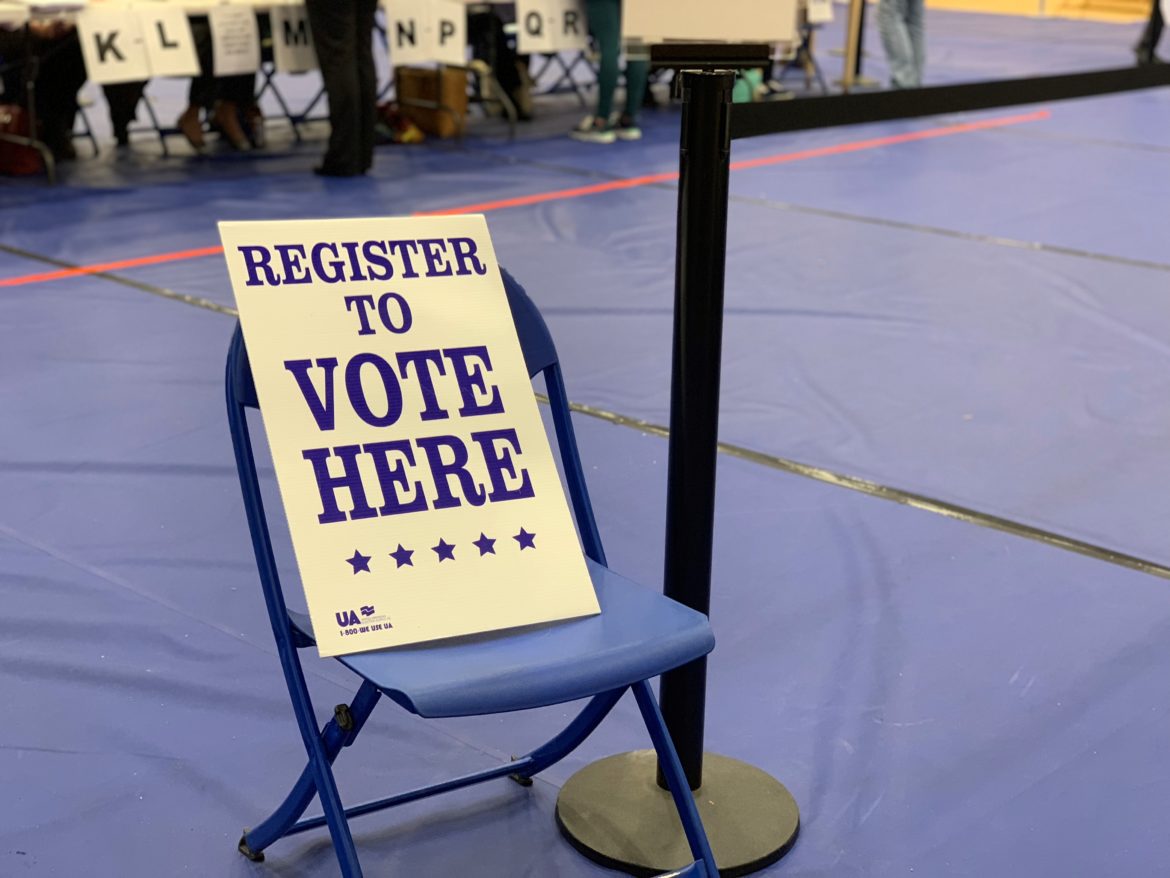By GARRY RAYNO, InDepthNH.org
CONCORD — A superior court judge has dismissed two consolidated lawsuits challenging the state’s new “affidavit ballot” law which essentially creates a provisional ballot for voters who register to vote without sufficient documents.
Known as Senate Bill 418, the controversial bill was signed into law by Gov. Chris Sununu on June 17, 2022, who initially raised issues with its provisions, and took effect Jan. 1.
Hillsborough Superior Court South Justice Charles Temple upheld the state’s request to dismiss the cases claiming the plaintiffs lacked standing to bring the challenges because they had not been harmed by the law’s provisions and did not rule on the constitutional and legal issues raised in the cases.
The bill was challenged by four individual voters and two organizations, 603 Forward and Open Democracy Action, claiming provisions were unconstitutional and it could prevent the state from meeting its deadline to send absentee ballots to overseas voters, mostly members of the military and their families.
Before the bill passed, voters registering on election day without the necessary documents had to sign an affidavit saying the voter was who she or he claimed to be.
The ballot was counted whether the voter provided additional documentation or not.
The new law creates an “affidavit ballot” that is numbered and held separately to be counted after the polls close and the person registering is given a packet to return to the Secretary of State with the necessary document within seven days or the vote will be deducted from the totals for the candidates or the proposed constitutional amendment the person selected.
Among the provisions the plaintiff challenged were constitutional articles concerning when official vote totals are announced, voting requirements and rights, and privacy and other constitutional rights.
But the state argued none of the plaintiffs would have their constitutional rights harmed by the bill, saying the four individuals were all registered voters so the provisions did not affect them, and that the organizations did meet the legal bar to bring what amounts to a request for a declaratory judgement by the court.
The individuals argued they had taxpayer standing under a constitutional amendment approved about a decade ago, but the state argued — and the judge agreed — the state spending was incidental to the provisions of the bill and would not grant them status to bring the challenge.
The Court also agreed with the state that the organizations did not have standing under the “diversion of resources” standard meaning it would necessitate additional expenses, nor did organizations have their rights impinged by the new law.
“In sum, it is abundantly clear to the Court that the ‘rights’ at issue in this litigation are the constitutional rights of New Hampshire voters, which the organizational plaintiffs maintain have been (or will be) violated by SB 418,” Temple rights. “However, under long-standing case law, the organizational plaintiffs may only challenge the constitutionality of SB 418 based on an invasion of their own rights.”
The plaintiffs may ask the court to reconsider its decision.
Garry Rayno may be reached at garry.rayno@yahoo.com.





